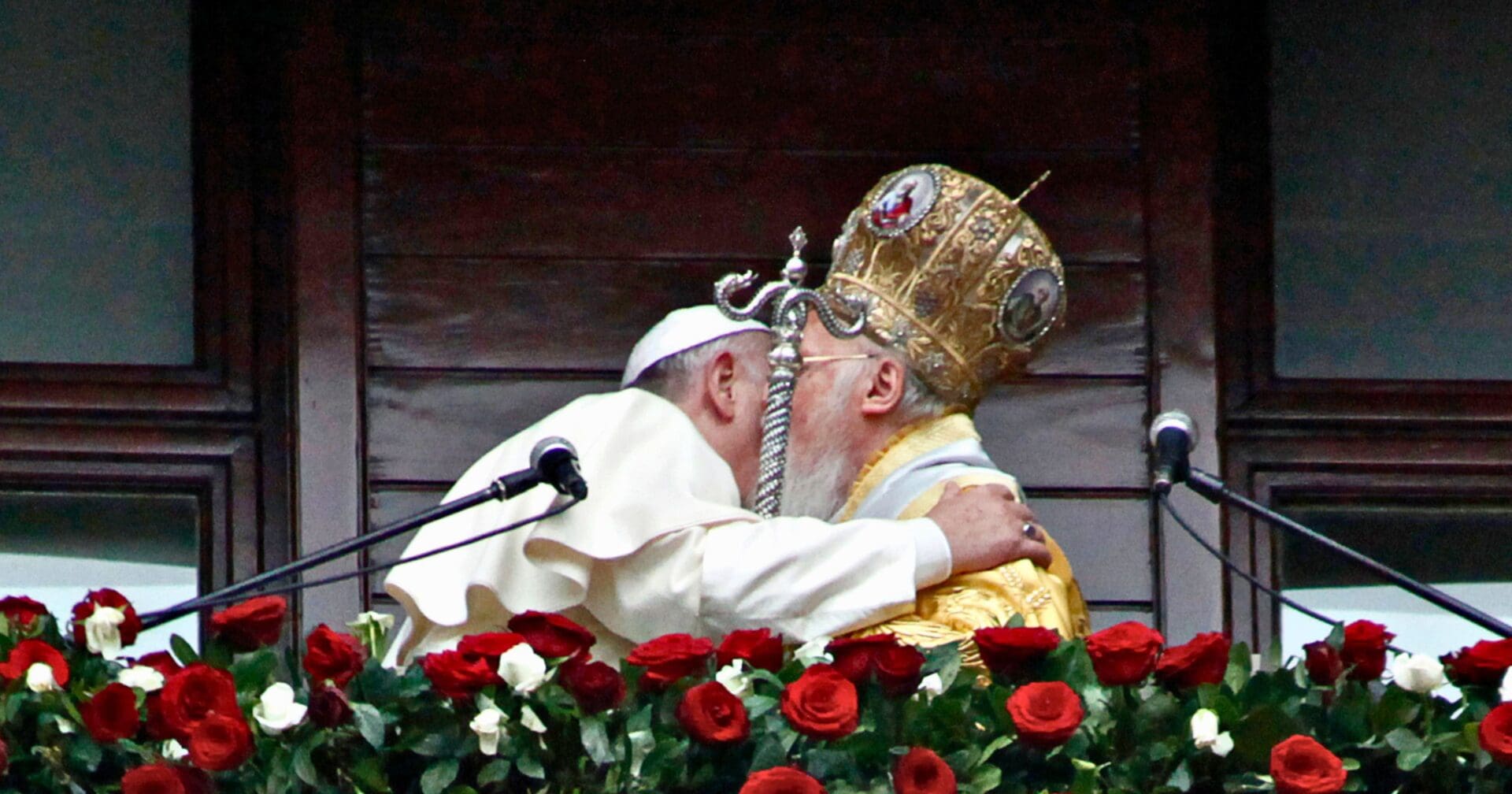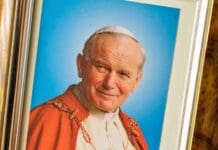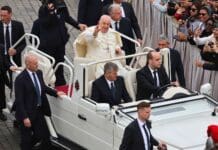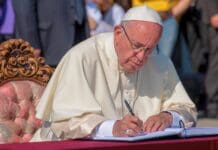Pope Francis has renewed his appeal for Catholics worldwide to adopt a unified date for the celebration of Easter.
Giving his homily at the Basilica of St. Paul Outside the Walls on January 25, Pope Francis called on all Catholics to take a “decisive step forward toward unity around a common date for Easter.”
In 2025, Easter will coincide on both the Gregorian calendar, used by Western Catholics, and the Julian calendar, used by most Eastern Orthodox Catholics.
The pope described this as “providential,” encouraging it to serve as a meaningful opportunity to foster unity. “The Catholic Church is open to accepting the date that everyone wants: a date of unity,” he said.
The mass also marked the conclusion of the 58th annual Week of Prayer for Christian Unity, which coincided with the 1,700th anniversary of the Council of Nicaea.
This historic council in 325 AD established the Nicene Creed and a formula for calculating the Easter date, uniting early Christians in the observance of the feast.
Over time, divisions emerged due to differences between the Julian and Gregorian calendars. Pope Gregory XIII introduced calendar reforms in 1582, correcting discrepancies to align the spring equinox with March 21. While most Western Christians adopted this, many Eastern churches retained the Julian calendar, leading to periodic variations in Easter observances.
The pontiff’s homily was drawn from John 11:26, reflecting on: “Do you believe this?”
He tied the question to hope, urging Catholics to persevere despite challenges in their journey toward ecumenism.
“Let us rediscover the common roots of the faith; let us preserve unity!” Pope Francis urged, highlighting the spiritual and historical importance of shared practices among Christians.
He also mentioned St. Paul VI, who expressed a similar willingness to adopt an agreed-upon Easter date.
Editorial credit: Alexandros Michailidis / Shutterstock.com



















